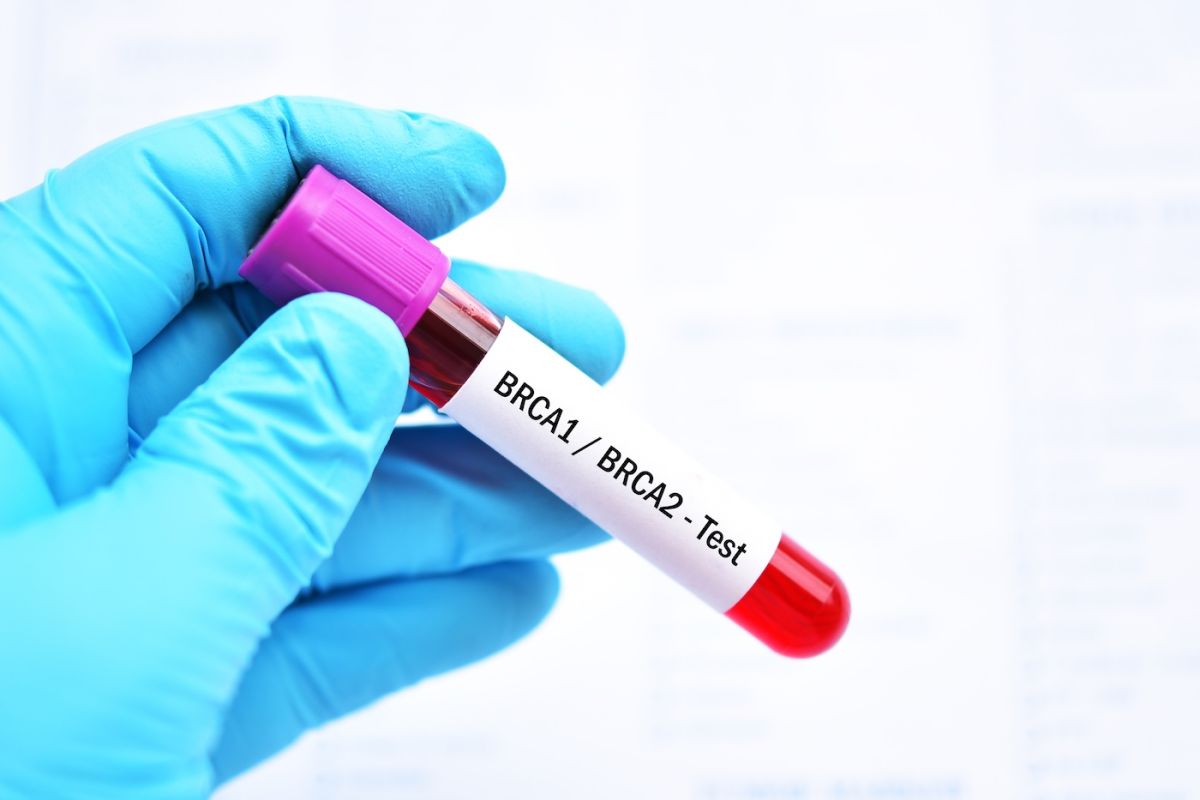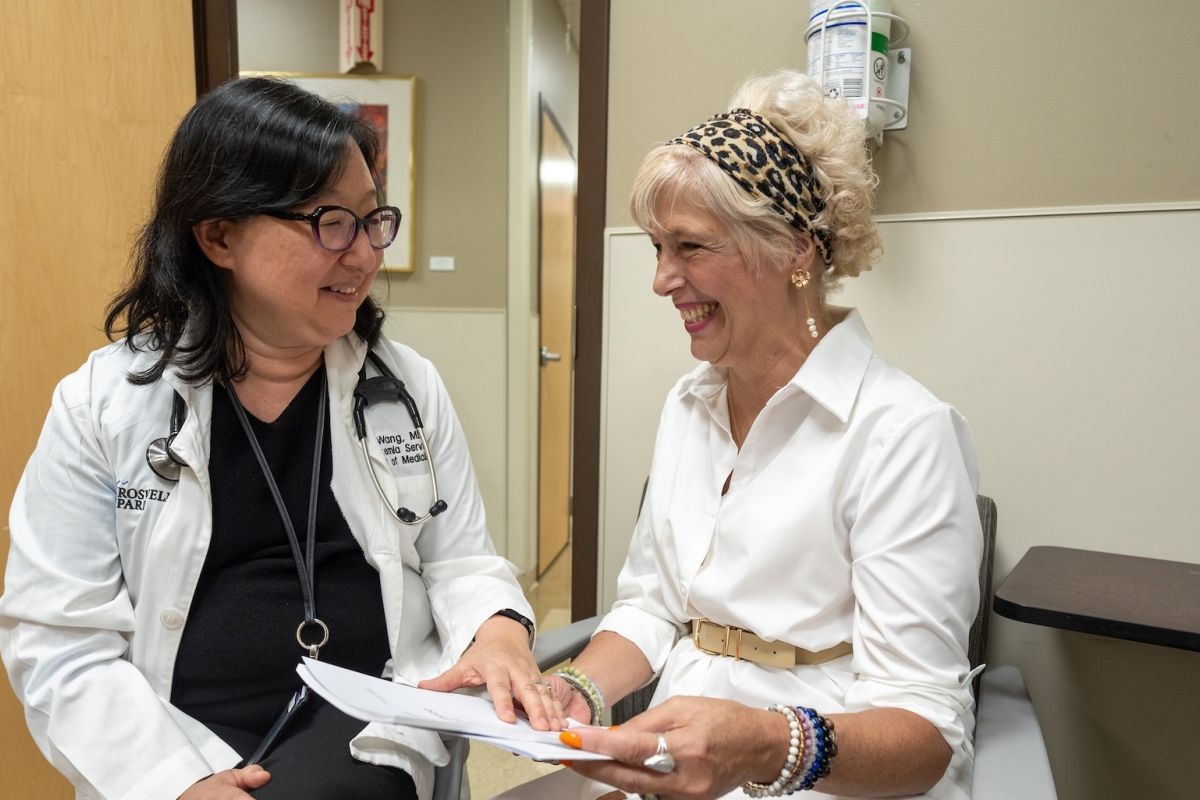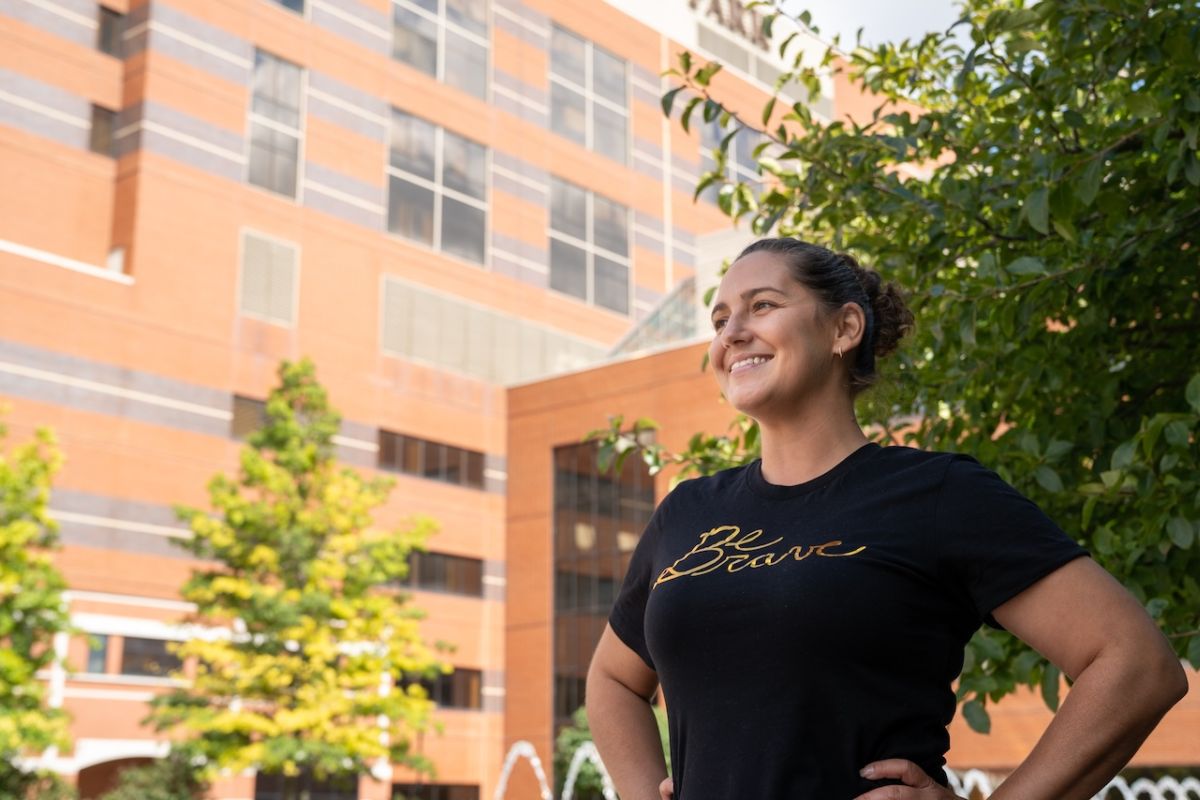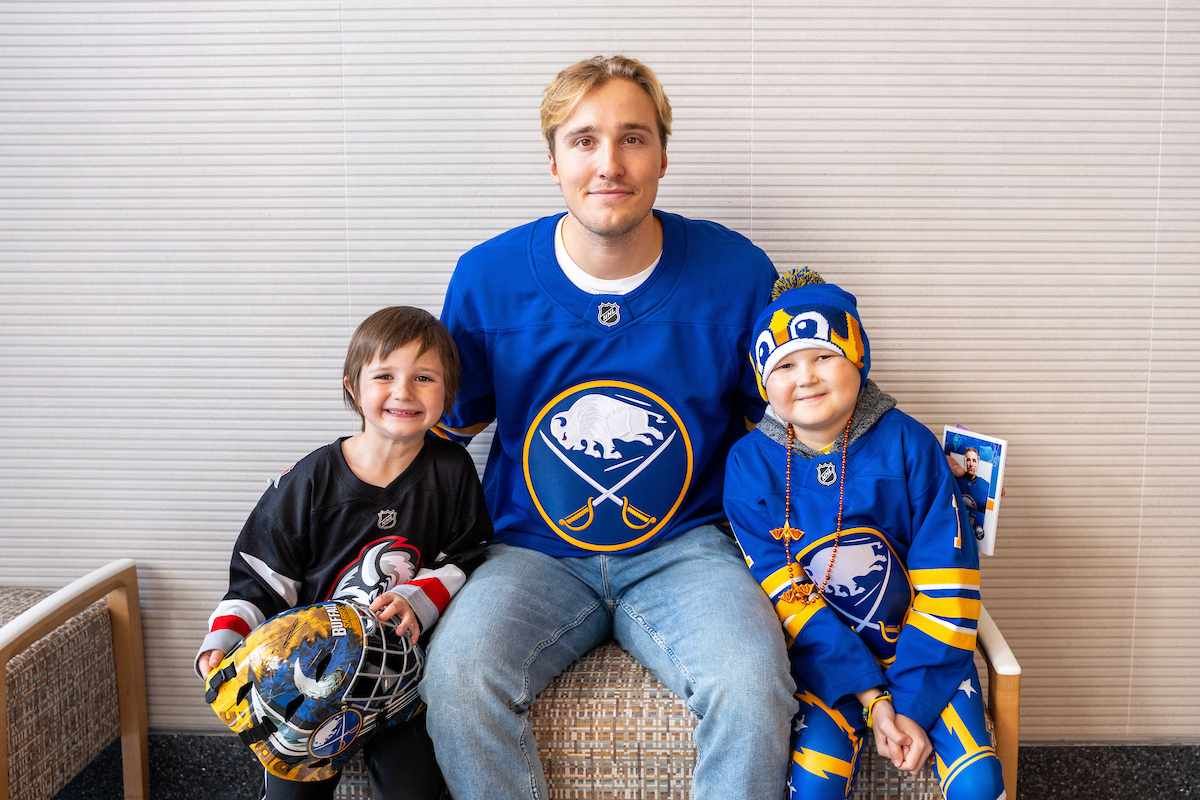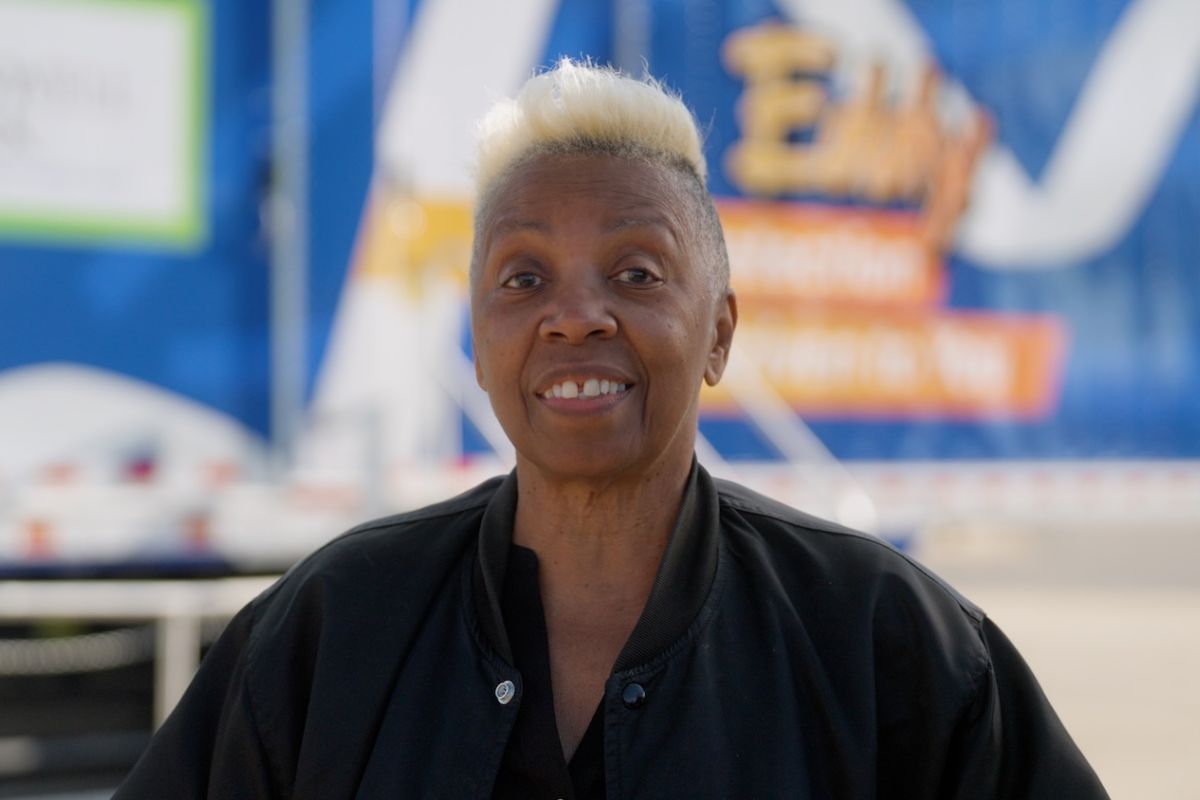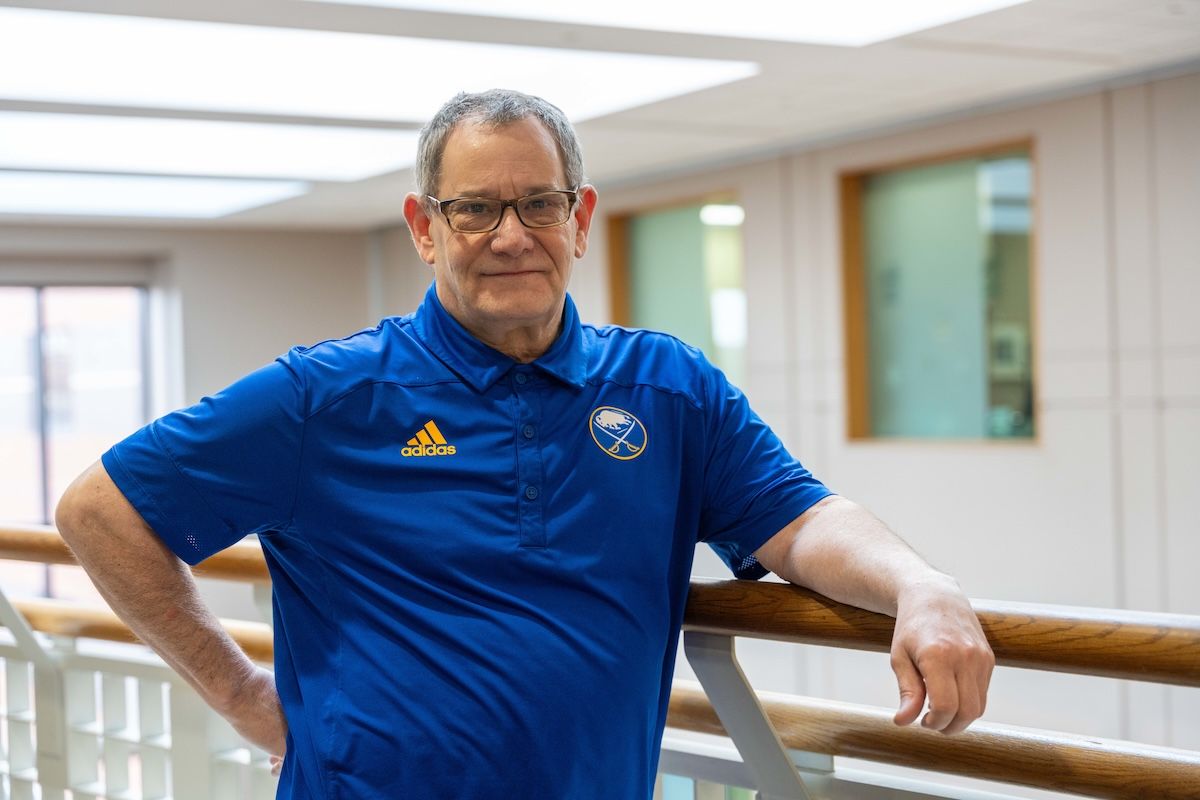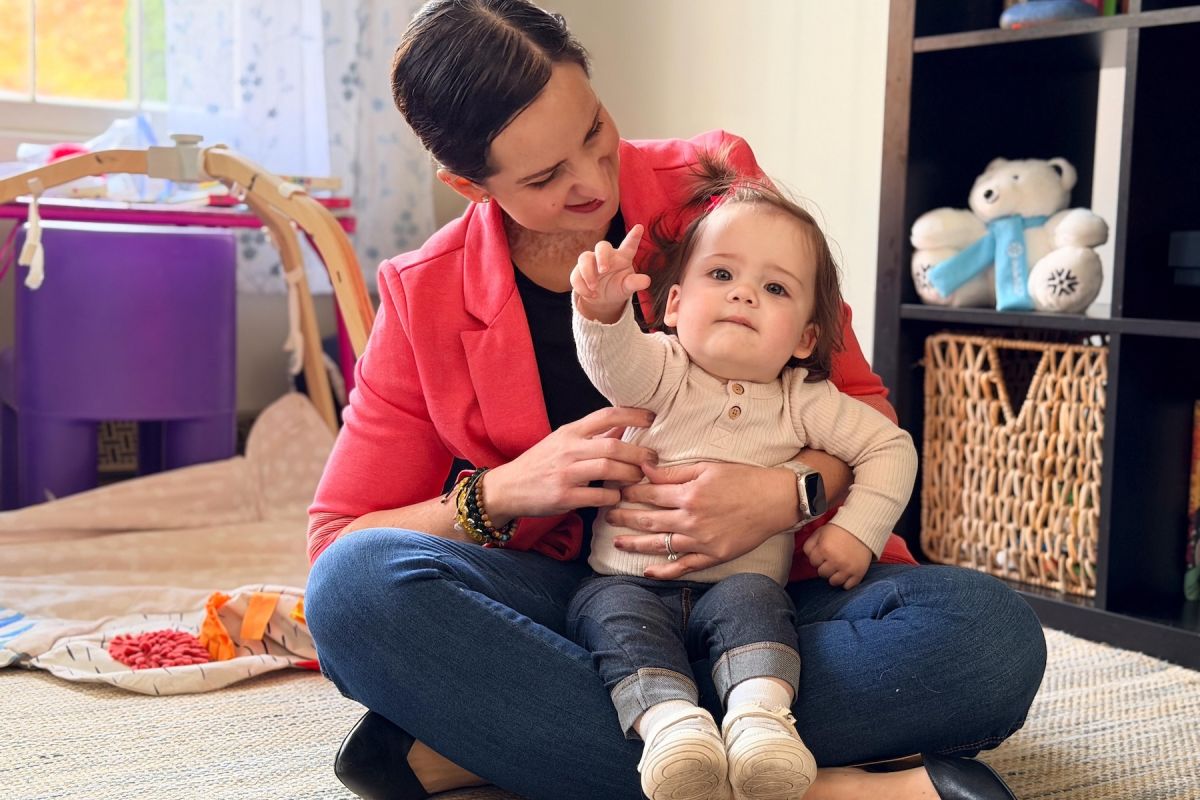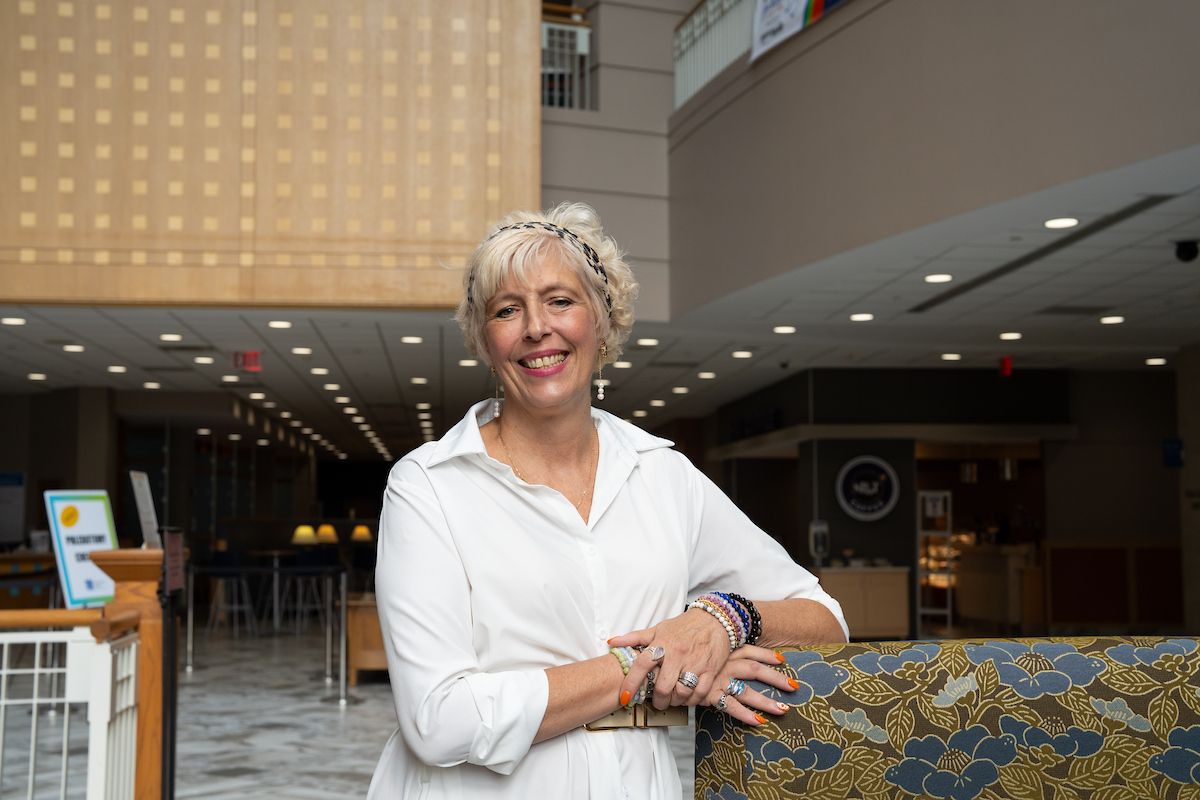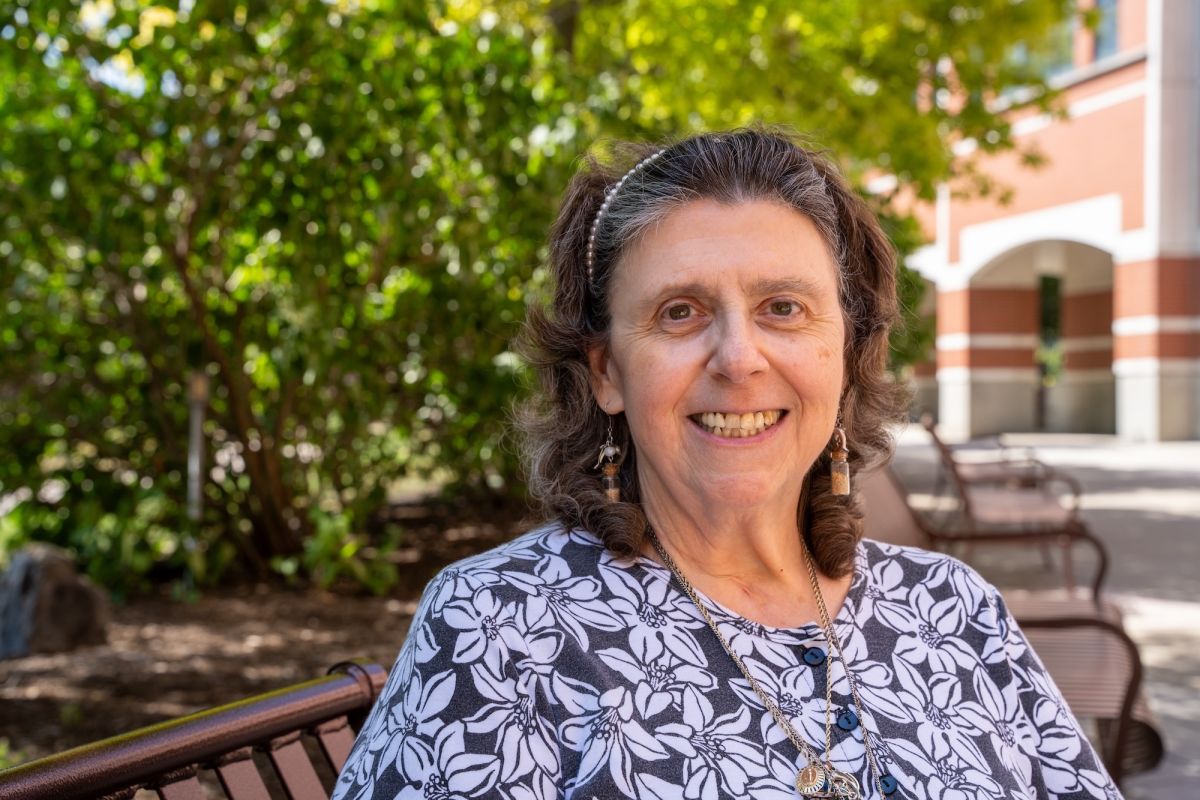Article
BRCA-related breast cancer at 36: Elizabeth’s story
Article
Revisit our favorite blogs from 2025
Article
Using art to cope: Heather's story
Article
Meet Eddie, our 2025 Tree of Hope lighter
Article
Early lung cancer detection, thanks to EDDY: Barbara’s story
Article
How a 10-minute screening may have saved my life
Article
Thyroid cancer during pregnancy: Megan’s story
Article
Acute myeloid leukemia: Lynette’s story
Article
